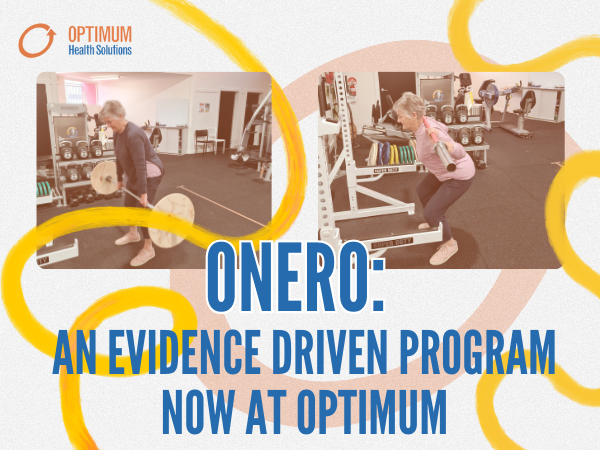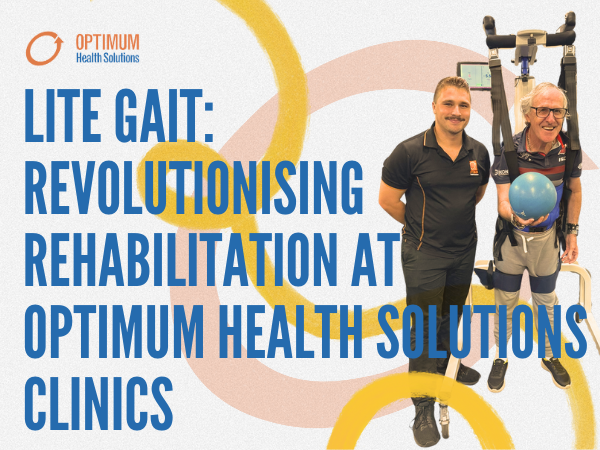It’s no secret that this time of year is the toughest to find the motivation to exercise. Some of us enjoying some recovery time off work or on holidays, whilst the rest of us are still nursing the food baby that the Christmas period has left us with. And if that wasn’t challenging enough the Australian summer strikes again with another one of its infamous heat waves. But this isn’t an excuse to pack it in and wait until it’s cooled down a bit. So here at Optimum Health Solutions, we have put together a handy list of ways you can beat the heat this summer:
1. Take advantage of air-conditioning. Whilst that walk from the car to the gym door may be a hot one, most gyms (including Optimum studios) have excellent air-conditioning, providing a cool and safe environment for exercise. Alternatively, put the air-con or fan on at home and perform a workout in the comfort of your own home.
2. Stay hydrated. The body’s primary system for temperature regulation is sweating. Our body produces sweat, the sweat evaporates and our body is cooled. However, if there is less water in the body, less sweat is produced therefore increasing our body temperature. Hypo-hydration can lead heat exhaustion or heat stroke.
3. Try swimming. Swimming is a great way to keep fit and cool simultaneously whether you prefer the beach, public pool or even a backyard pool.
4. Schedule your exercise around the heat. The average high for Sydney at this time of year is about 26.5 degrees Celsius (hotter in the west), however, at night it drops down to a comfortable 19 degrees. By planning your exercise sessions in the morning or evening you can get your physical activity without the scorching heat of the middle of the day.
5. Avoid exposure to direct sunlight. Not many people are aware of this, but the temperature is measured in full shade! So if the weatherman says that it is 40 degrees outside and you go for a run in direct sun you are actually exercising in significantly higher temperatures. Finding a shady area to perform your exercise can make a huge difference to thermoregulation and your safety.








